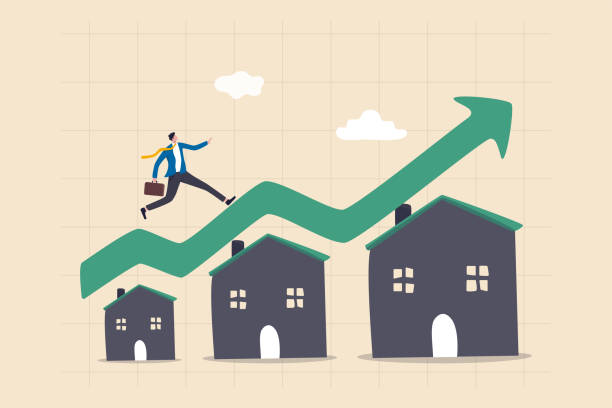The growth of the web and technology for mobile phones has revolutionized how we live.
Every sector in the economic system has been profoundly affected by the internet boom.
The real estate sector is among the last to catch up in terms of technology adoption.
In recent years, proptech has been a buzzword within the startup world. In the end, there are numerous startups that are now funded by millions of dollars and are attempting to introduce technological innovation to the real estate industry.
It’s true that the majority of these startups won’t last for the next several years. However, the ones that do last will be able to make a profound impact on this slow-moving sector. The startups that attempt to incorporate the use of mobile and internet in the real estate market are now referred to as proptech.
In the article, we’ll examine the nature and definition of proptech. We will also try to grasp the various sectors of proptech.
The Definition of Proptech
There is no definitive definition of proptech right today. It is due to the fact that proptech is usually thought to be just a tiny element of the digital revolution of the whole real estate sector. The changes that are taking place may be technological or connected to buying processes which have been a in the real estate business. Proptech can also be a broad concept that encompasses both the financial and the construction aspect that is the part of real estate market.
Simply put, any real-estate company that is attempting to provide new solutions or products that heavily rely on technology could be classified as proptech. Because the concept is recent, it’s probable that the definition will evolve as time passes, and new areas could be added to this umbrella.
The various Verticals under Proptech
Presently, proptech has three main verticals. The descriptions of each vertical can be found in this article:
- Smart Real Estate Smart real estate is more focused on the construction side of houses. For example, the application of technology to design homes that are energy efficient can be classified as proptech.Many startups in this field utilize this type of technology called the Internet of Things to collect information on the building of homes, or their daily maintenance. The data collected is utilized to build an automated control system in which the consumption of energy is controlled automatically to stay at a level that is efficient.
- Therefore, the term “smart real estate” operates on two levels.
- On the first level, the information provided is only for reference, while on the second level, corrective actions are also triggered depending on the information received.
- The real estate properties that are managed with this technology could be single properties or whole cities! The interest in this vertical is extremely high due to the fact that the ability to build energy-efficient green buildings is not an exclusive selling feature. It’s a fact that buyers are now demanding.
- Smart real estate isn’t just about environmental sustainability. It is because, if buildings are well-designed it means that electricity and power consumption is reduced. Realtors are able to offer a better lease prices to prospective tenants and gain their clients.
- Sharing Economy Sharing economy has become a revolution in economics that has grown into a major force to be reckoned with. There are a number of unicorn companies, such as Uber and Airbnb, that have sprung from the shared economy.In the realm of real estate, firms such as WeWork have begun to build spaces for shared offices. Sharing real estate is mostly enabled through the internet, which permits an easy aggregation of demand and supply. In addition, tools to bill and manage the property are accessible on the Internet.
- The sharing economy is now the standard in areas where the cost of real estate is extremely expensive. Because of the prohibitive cost makes owning a property completely difficult. This is why sharing and temporary ownership has become the commonplace.
- There’s two different ways startups can take part in the sharing economy.
- They can first be brokers and earn the commission from each transaction.
- They can also provide services or acting as an intermediary within the business.
- The share of workspaces has increased from 14% to 1 percent in areas such as Central London, where real estate is expensive to acquire and lease agreements are not flexible.
- FinTech in Real Estate There are a variety of creative ways that financing can be utilized to support the real estate industry. These new methods are all under the auspices of Fintech in real property.The companies in this sector are focused on providing buyers with information and sellers so that they can sell. In the moment, the information is accessible only to brokers that tend to guard the information. This is due to the fact that brokers can only sustain themselves by a few lucrative transactions. But, this unsustainable broker model could be substituted with technology in the near future.
- There are a lot of startups such as Trulia as well as Zillow that allow their users to lease property online, without the need for an agent. Additionally, a few of these companies provide services that facilitate online payments between landlords and brokers.
In a nutshell, the real estate industry is undergoing a major change. It is expected to improve its efficiency in the near future, and proptech plays a significant role play in this improved efficiency.
